S&P 500: 0.79% DOW: 1.20% NASDAQ: 0.29% 10-YR: 3.52%

Last Week on WallStreet - April 15th, 2023
What Happened?
Throughout the week, the markets grappled with managing a significant influx of data, leading to sessions marked by both upward and downward reversals. Notably, the release of two new inflation data points from the Consumer Price Index and Producer Price Index indicated that inflation was continuing to moderate, despite some underlying risks. Although markets initially responded positively to the release of earnings reports from big banks on Friday morning, the excitement was tempered by disappointing retail sales figures.
The conversation among investors and analysts is starting to shift from inflation to the overall state of the economy. While it appears that the Fed's efforts to combat inflation are gaining traction, it remains to be seen whether this progress has come at a significant cost. The question becomes, has the inflation fight generated too much damage along the way?
Beneath the surface, most interest rate-sensitive sectors were down this week with Real Estate() and Utilities () dragging on index performance. On the other hand, Energy () continued its resurgence off its March lows, and Financials () rallied strongly on the back of better-than-expected big bank earnings.
Inflation Rises Just 0.1% in March and 5% From a Year Ago as Fed Rate Hikes Take Hold
- The consumer price index rose 0.1% in March and 5% from a year ago, below estimates
- Excluding food and energy, the core CPI accelerated 0.4% and 5.6%, both as expected
- Energy costs fell and food prices were flat. Used vehicle prices also declined
- A 0.6% increase in shelter costs was the smallest gain since November, but resulted in prices rising 8.2% on an annual basis
The key takeaway - Over the past several months, headline inflation moderated strongly as energy and food price increases have drastically slowed from last year's peaks. This deceleration is a welcome sight for both consumers and the Federal Reserve. However, core inflation, which excludes volatile gas and food prices, has remained stubbornly elevated in the last few readings. As the economy slows, the Fed hopes these increases in core prices will resume their decline but there exist material risks to this scenario. OPEC's recent intervention in the oil market also increased worries that oil prices rise and disrupt headline inflation's descent.
Retail Sales Report Shows Americans Pulled Back on Big-Ticket Purchases as Interest Rates Rose
- Overall purchases at stores, restaurants and online declined a seasonally adjusted 1% in March from the prior month
- Economists had forecast just a 0.5% fall in retail sales
- From a year earlier, retail sales increased 2.9% in March, the smallest gain since June 2020
- Shoppers pulled back on purchases of items such as vehicles, furniture and appliances amid climbing interest rates
- Only the online and restaurant/bars categories saw an increase in spending
The key takeaway - Retail sales dropped significantly more than expected in March adding to the evidence that the economy is feeling the weight of tighter monetary conditions. The American consumer has remained incredibly resilient and their purchases have propped up an otherwise sluggish economic picture. This report suggests that resiliency may be moderating due to higher borrowing costs, fears of recession, and a decline in savings built up during the pandemic.
Fed Expects Banking Crisis to Cause a Recession This Year, Minutes Show
- Fallout from the U.S. banking crisis is likely to tilt the economy into recession later this year, according to Federal Reserve minutes
- Fed staff presented projections at the March meeting indicating the recent banking sector issues could facilitate a mild recession in late 2023
- FOMC members expect credit conditions to deteriorate and lending to tighten following the banking stress
- While the 25 bp rate hike was unanimously approved, some members considered pausing hikes while others leaned toward a larger increase
The key takeaway - The Federal Reserve has yet to say that a coming recession is their base case but the presentation on economic projections reveled in the minutes indicate they could head in that direction. The banking issues unveiled in March are expected to reduce lending across the sector, slowing growth in an economy that has already shown potential weakness via recent data points. Uncertainty concerning inflation, the jobs market, and economic activity all clouds the decision framework for the FOMC but its evident that their policy decisions have begun to impact the economy. How much damage will be done is highly uncertain.

From the Waterloo Watercooler
JPMorgan told its managing directors they must come into the office five days a week, ending the hybrid model for higher-ups
The Commerce Department is asking for public input on how to make AI systems “legal, effective, ethical, safe, and otherwise trustworthy.”
Apple’s shipments of Macs fell 40.5% year over year in Q1 2023 as people bought fewer computers
Tesla is planning to build a Megafactory in China that will make Megapack batteries—its large-scale energy storage units



